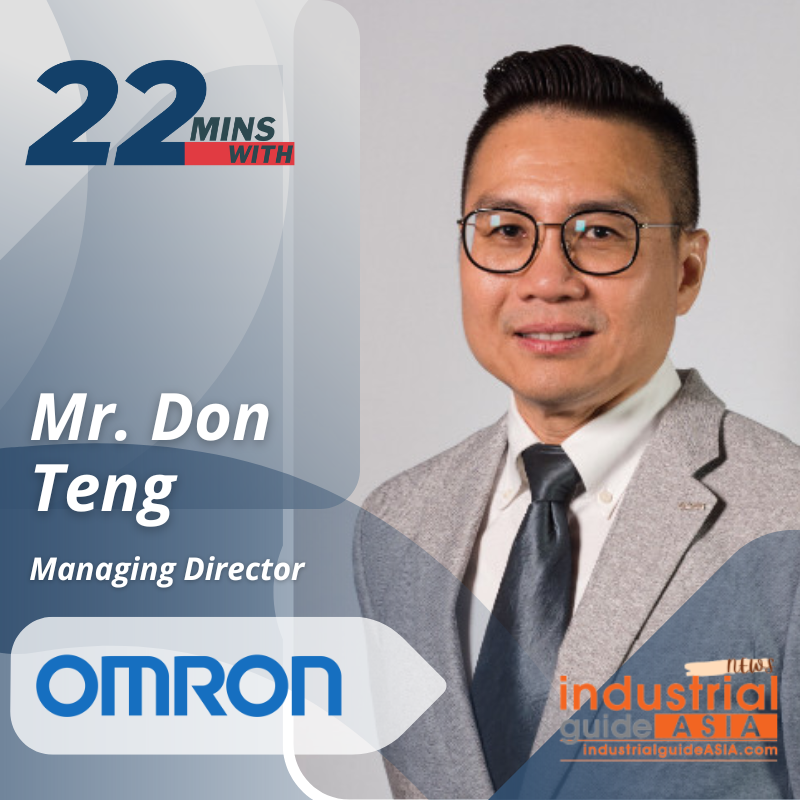Électricité de France (EDF), one of the world's largest electricity producers, the largest renewable energy producer in Europe, and an active member of the Hedera Council, has successfully completed a proof-of-concept (POC) that aims to revolutionize and automate the management of renewable energy certificates (RECs). The project enables end consumers to retire small quantities of RECs in real time. This empowers individuals to send a clear market signal that they care about how the power they consume is being produced.
This ground-breaking effort was a collaboration with REDEX, a leading RECs solutions provider, and Rekursive Labs, a specialist in Web3 distributed ledger technology (DLT) enterprise solutions. The project leverages the power of Hedera's DLT and open-source Guardian platform to automate the issuance and redemption of RECs, paving the way for a more efficient and transparent renewable energy market. EDF, REDEX, and Rekursive Labs intend to further refine the solution, develop new use cases, and offer automated REC services to other producers and consumers of renewable energy globally.
Edouard Lavillonniere, Managing Director at EDF Lab Asia Pacific said: "With our expertise in renewable energy and electrical vehicle charging, EDF is the ideal partner for this collaboration. Our commitment to sustainability aligns perfectly with the vision of a greener future enabled by DLT. We believe this collaboration will drive positive change in the renewable energy sector. We are shaping a future where renewable energy adoption is streamlined, transparent, and accessible to all."
Using EDF's MASERA Microgrid demonstrator in Singapore, this POC successfully demonstrated the automatic redemption of tokenized RECs at electric vehicle charging stations. This initiative involved collecting data from multiple sources, including solar panels, generators, and energy storage systems, to calculate the rate of green energy production into the grid. This data was then matched in near-real time with the energy consumed by electric vehicle chargers, to ensure that the certified green energy usage perfectly matched the actual consumption at the charging stations, down to the watt-hour. In addition, EDF provides the possibility for the customer to adjust the amount of energy to be certified for each individual charging session.
"Europe's CBAM has created an urgent need to calculate and track the embedded carbon of traded goods. The complexity of this task will increase exponentially as we trend towards tracking even more attributes, and for products closer and closer to the end consumer. We believe tokenization presents a simpler and more scalable architecture for tracking multi-faceted environmental attributes across global supply chains – imagine a complex product like hydrogen or a car," said Zhaotan Xiao, Executive Director at REDEX.
"Many of Hedera's council members are also RE100 members, whom I am sure will be enthusiastic early adopters of this elegant solution," he added.
As a concept, RECs are very simple – the instrument traces one's power consumption to renewable energy sources. Its simplicity is precisely why the instrument is the most convenient and practical way for companies to achieve Scope 2 neutrality. This is driving the number of RECs issued and retired to more than double year on year.
By integrating the technologies developed by REDEX and Rekursive Labs, any renewable energy production or consumption system can now achieve full automation of the REC lifecycle, from issuance to redemption. For REDEX, whose mission is to accelerate the world's transition towards renewable energy, this project is yet another step towards further digitizing, automating and enhancing trust in the RECs ecosystem.
Jason Loh, co-founder and Chief Commercial Officer at Rekursive Labs said: "We believe the future of sustainability solutions lies in embedding the REC tech stack into any renewable energy production or consumption system, from residential meters to hydro farms, and from solar farms to consumer products. By utilizing Web3 technologies and processes, organizations can trace renewable energy consumption across the entire supply and production chain, ensuring transparency and integrity. We are excited about the potential of this proof-of-concept and the impact it can have on accelerating the global movement towards sustainable energy production."
The Hedera network is ideally suited for this POC due to its speed, scalability, enterprise focus and open source Guardian infrastructure. Hedera offers fast and cost-effective transactions, making it the perfect choice for real-time REC redemptions when compared to alternative DLTs. Additionally, Hedera's commitment to its carbon negative status aligns perfectly with the goal of promoting a global movement towards sustainable energy production.





.png)
%20(22).png)
%20(20).png)
%20(19).png)
%20(18).png)
%20(2).png)
%20(4).png)
%20(5).png)
%20(10).png)
.png)
%20(1).png)
%20(10).png)
%20(8).png)
%20(7).png)
%20(2).png)
.png)
%20(1).jpg)
%20(6).png)
%20(5).png)
%20(4).png)
%20(3).png)
%20(1).png)
.png)



.png)

%20(1).png)
.png)
.png)
%20(2).png)
.png)

.png)












